Can Cats Eat Crab Rangoon? A Complete Guide
You may often share some human foods with your feline friends such as crab rangoon but do not know ” Can Cats Eat Crab Rangoon? “.
If yes, do not worry because you are not alone, many cat owners may be worried about is crab rangoons safe for cats like you.
In this comprehensive guide, we will deeply discuss the relationship between cats and crab rangoons, as well as we will explore all the potential health benefits and risks of crab rangoons to cats. So let’s get started to find the answer together.
Crab Rangoons Are Made Of
Crab Rangoons are a tasty starter often found in Asian and American food. They’re usually made from crab meat, cream cheese, garlic, and other seasonings, all tucked inside a small wonton wrapper. Then, they’re fried until they’re nice and crispy.
The insides are creamy and full of flavour from the crab and cheese, and the outside is crunchy from the fried wrapper. While it’s a great snack for people, we should remember that not everything in it is good or safe for cats.
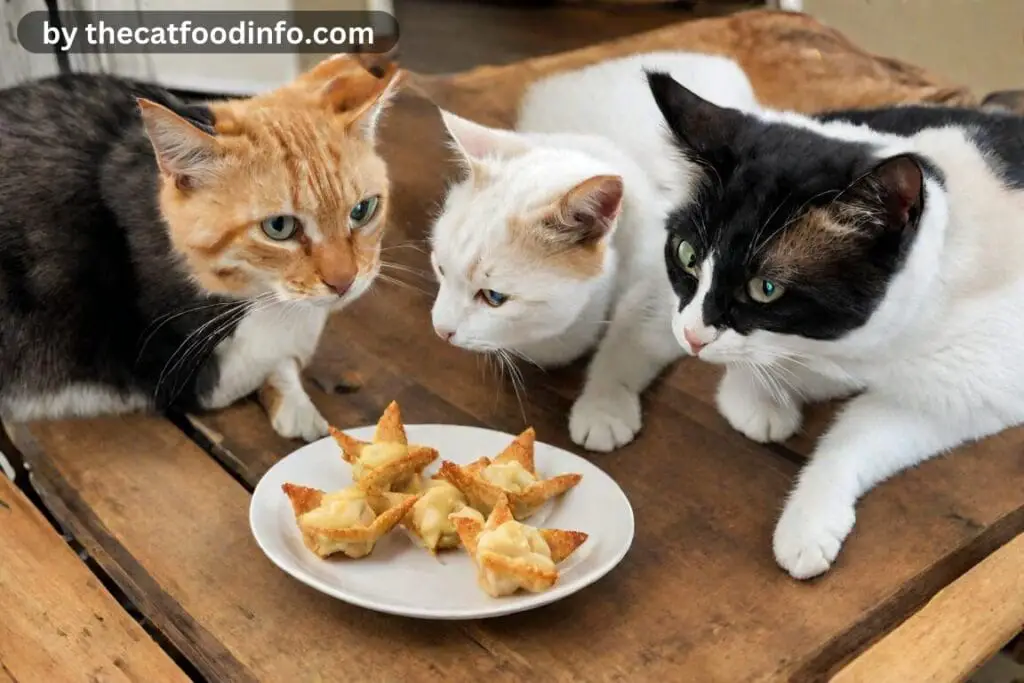
Can Cats Eat Crab Rangoon?
In simple words, it is not recommended to give crab rangoon to your cats. While crab meat is generally safe for felines, other ingredients like garlic and the rich cream cheese can be harmful.
Furthermore, the fried wonton wrapper adds unnecessary fats to their diet. So, despite being delicious for humans, Crab Rangoon isn’t a suitable snack for your feline companion.
Potential Health Risks Of Crab Rangoon To Cats
Risks you should keep in your mind before feeding crab rangoon to your cats.
Garlic Toxicity in Cats
Garlic is known to be toxic to cats. The consumption of garlic can lead to a condition called Heinz body anaemia, in which the cat’s red blood cells burst, resulting in anaemia. Symptoms of garlic toxicity include lethargy, rapid breathing, and pale gums.
High Sodium Content
Crab Rangoon contains a significant amount of sodium, largely from the crab meat and the cream cheese. A high sodium intake can lead to salt poisoning in cats, which could cause symptoms such as vomiting, diarrhoea, high fever, tremors and, in severe cases, even death.
Excessive Fats and Calories
The fried wonton wrapper adds unnecessary fats and calories to the cat’s diet. This could lead to obesity, a common problem in domestic cats, which is associated with several health concerns including diabetes, liver disease, and joint problems.
Dairy Intolerance
Many adult cats are lactose intolerant, meaning they can’t digest dairy products like cream cheese well. Consuming dairy can cause digestive upset in cats, resulting in symptoms like diarrhoea or vomiting.
Choking Hazard
The crispy wonton wrapper can also pose a choking hazard, especially for smaller or large cats. Cats don’t have molars like humans, so they can’t grind food into smaller pieces, and a chunk of wonton wrapper could easily get lodged in their throat.
Allergic Reactions
Like us, cats can be allergic to certain foods. If your cat has never consumed crab meat before, they might have an unexpected allergic reaction which could manifest in different ways, such as skin irritations, difficulty breathing, or gastrointestinal issues.
Risk of Bone Ingestion
Even though crab rangoons are usually made with crab meat, there is always a risk of small bones or shell fragments being present. These can pose a serious choking hazard or cause internal damage if ingested by your cat.
Artificial Preservatives and Additives
Crab rangoons often contain artificial preservatives and additives to enhance their flavour and shelf-life. These substances can be harmful to cats, leading to long-term health issues if consumed regularly.
Parasites and Microorganisms
Crab meat, if not properly cooked or handled, may harbour harmful parasites or bacteria. Consumption of such contaminated food could lead to serious health problems in cats, such as gastrointestinal illnesses.
Unhealthy Weight Gain
While already been mentioned that the fried wonton wrapper can lead to obesity, it’s important to note that the crab meat and cream cheese filling are also high in calories. Regular consumption of such high-calorie foods can quickly lead to unhealthy weight gain in cats, further exacerbating the risk of obesity and associated health issues.
Can Crab Rangoon Provide Any Health Benefit To Cats
While Crab Rangoon poses significant health risks to cats, it’s worth noting that cat-friendly components like crab meat can provide certain health benefits, when offered properly.
Crab meat is a good source of protein, which is essential for cats’ muscle development and tissue repair. It is also packed with omega-3 fatty acids, known for their anti-inflammatory properties and for promoting healthy skin and a shiny coat.
That said, these benefits can only be reaped if the crab meat is offered in moderation and is cooked properly without any harmful ingredients or spices. Remember that it should never replace a cat’s balanced diet and should only be served as an occasional treat.
How To Stop Your Cat From Eating Crab Rangoon?
Steps you must need to follow to stop your cat from eating crab rangoon.
Step 1: Be Mindful of Your Eating Habits
Cats often mimic(emulate) the eating habits of their owners. If you consume your meals or snacks in the presence of your cat, they will naturally be curious about your food. Therefore, it is best to consume food items like Crab Rangoon out of your cat’s sight.
Step 2: Keep Crab Rangoon Out of Reach
Ensure that your Crab Rangoon or any other human food is stored in a place that your cat cannot easily access. This could be a high shelf or a closed cabinet. This will prevent your cat from sneaking a bite when you are not looking.
Step 3: Provide a Balanced Cat Diet
Feeding your cat a balanced, species-appropriate diet will reduce their interest in your food. If your cat is hungry or not getting the right nutrients from their food, they may be more inclined to try human food.
Step 4: Train Your Cat
Train your cat to understand the difference between human food and cat food. You can do this by consistently discouraging them when they show interest in human food and rewarding them when they choose their food instead.
Step 5: Gradual Desensitization
If your cat is overly interested in your meals, consider a gradual desensitization process. This involves gradually exposing your cat to the scenario of you eating, without letting them partake in the food, thus helping them to eventually lose interest.
Step 6: Consult a Vet
If your cat continues to show an unhealthy interest in human food despite your efforts, consult your vet. They could provide additional guidance or check if the behaviour is caused by an underlying health condition.
How To Make Crab Rangoon Cat-Friendly
Follow the following steps to make crab rangoon cat-friendly.
Step 1: Choose the Right Ingredients
Start by choosing the appropriate ingredients for your cat-friendly Crab Rangoon. This would primarily involve fresh crab meat and a small amount of cream cheese. Avoid any ingredients that your cat may be allergic to or that could pose a health risk, such as onions, garlic, or artificial additives.
Step 2: Prepare the Crab Meat
Ensure the crab meat is fresh and free of any tiny bones or shell fragments. It should be thoroughly cooked without any seasoning, as spices can upset a cat’s stomach.
Step 3: Use Minimal Cream Cheese
While cream cheese adds flavour to Crab Rangoon, remember that many cats are lactose intolerant. If you decide to use it, ensure you use a very minimal amount and observe your cat for any negative reactions.
Step 4: Skip the Wonton Wrapper
Instead of the traditional fried wonton wrapper, serve the crab meat and minimal cream cheese mixture directly to your cat, as the wrapper can pose a choking hazard and is not healthy for cats.
Step 5: Serve the Dish
Serve the dish to your cat in a small, accessible dish. Ensure the food is at room temperature to avoid scalding your cat’s mouth.
Step 6: Monitor Your Cat
Monitor your cat while they eat the cat-friendly Crab Rangoon. Even if the dish is prepared with cat-friendly ingredients, there’s still a chance your cat might not react well to the food. If you notice any signs of discomfort or sickness, discontinue serving the dish and consult your vet.
Step 7: Give as an Occasional Treat
Remember, even though this version is more cat-friendly, it should still only be given as an occasional treat. It is not a replacement for a balanced, species-appropriate diet. Eating too much of any food, even the healthy ones that are good for you can make you put on weight and cause other health issues.
Step 8: Store Any Leftovers Safely
If you have any food left, put it in an airtight box and keep it in the fridge. This will prevent the growth of bacteria and microorganisms that could cause food poisoning. Also, remember to warm up the leftovers to room temperature before serving them to your cat again.
Conclusion
In conclusion, while Crab Rangoon may be a delicious treat for humans, it’s not recommended for cats due to its high-calorie content and potentially harmful ingredients. That said, cats can enjoy the benefits of crab meat when it’s prepared correctly and fed in moderation.
To keep your feline friend safe, it’s important to monitor their diet closely, discourage their interest in human food, and ensure they’re consuming a balanced, species-appropriate diet.
Modifying your Crab Rangoon recipe to make it cat-friendly can be a fun way to give your pet a special treat, but remember, it should not replace their regular diet. Always consult your vet if you notice any changes in your cat’s eating habits or health.
FAQs
Can Cats Eat Crab Rangoon In Small Amount?
No, it’s not recommended due to potentially harmful ingredients and high-calorie content.
How Much Fat Is In A Crab Rangoon?
A typical Crab Rangoon contains about 7 grams of fat.
Is It Okay For Cats To Eat Rangoon?
No, traditional Rangoon is not suitable for cats.
Is Crab Rangoon Not Chinese Food?
Yes, Crab Rangoon is not traditional Chinese food; it’s a dish of American-Chinese origin.
Are Crab Rangoons Healthy?
No, they’re typically high in calories and saturated fats.
Do Crab Rangoons Contain Eggs?
No, Crab Rangoons typically do not contain eggs.

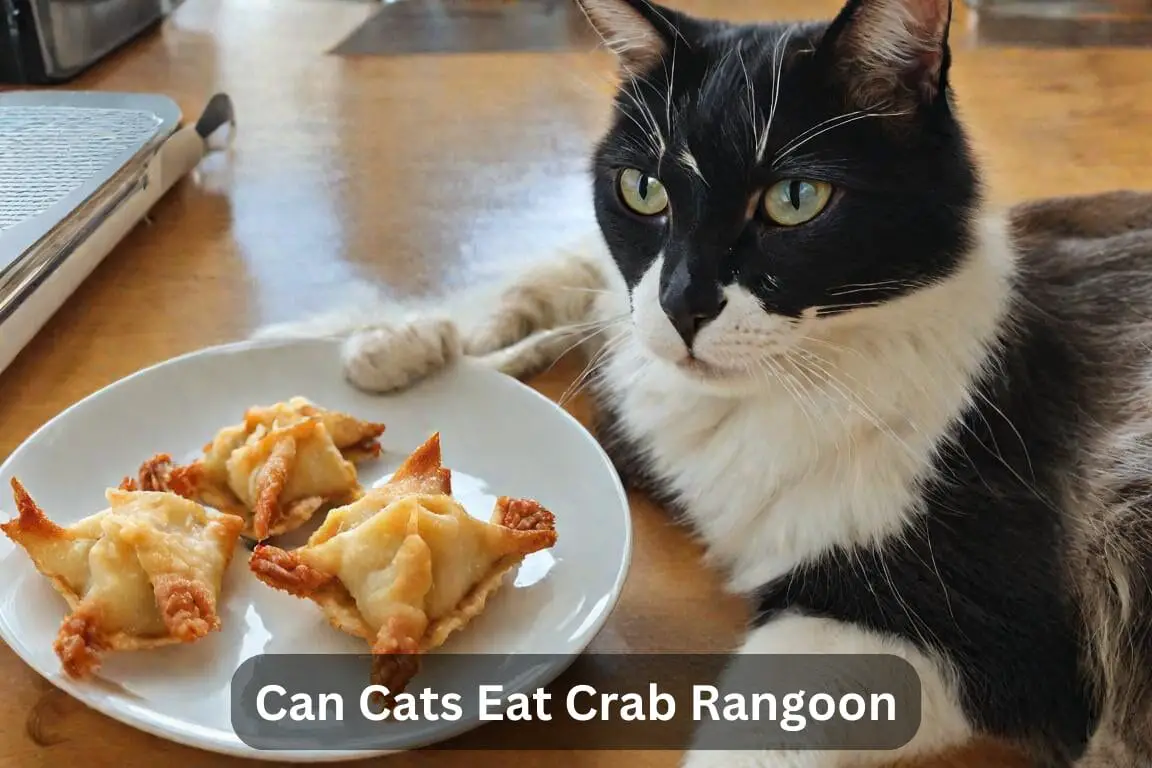
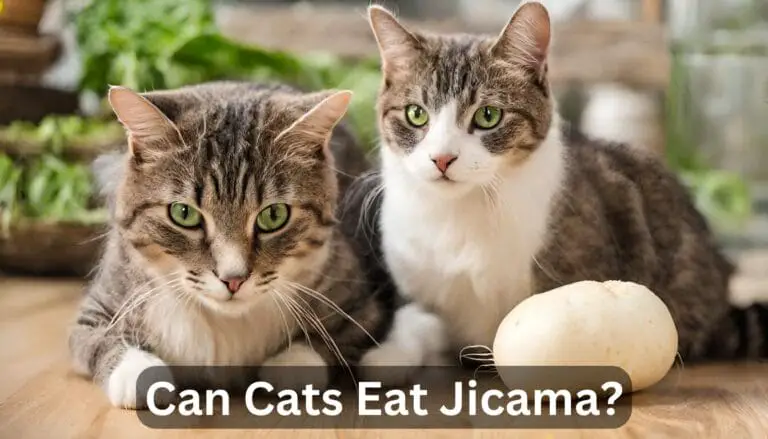
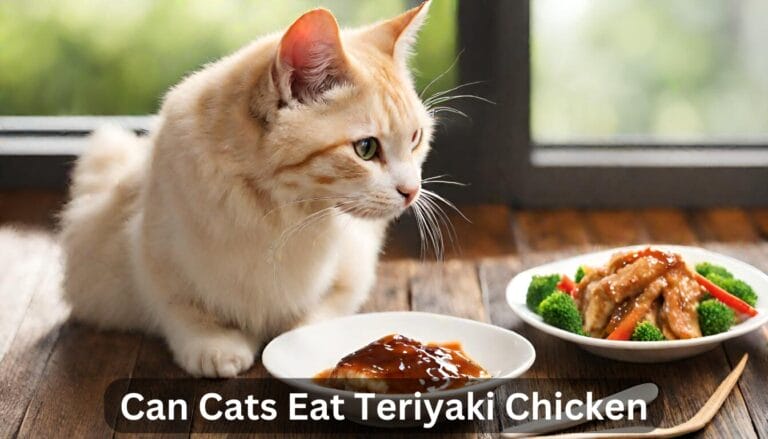
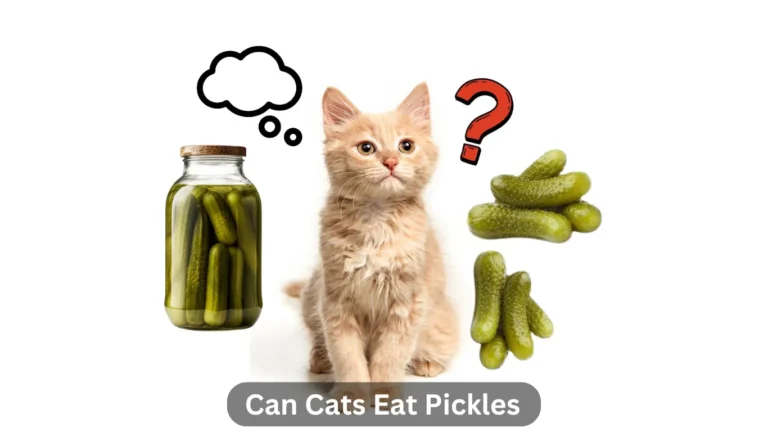
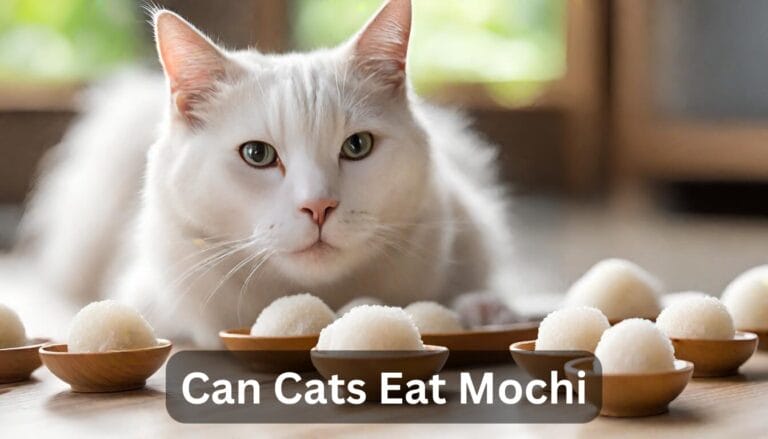
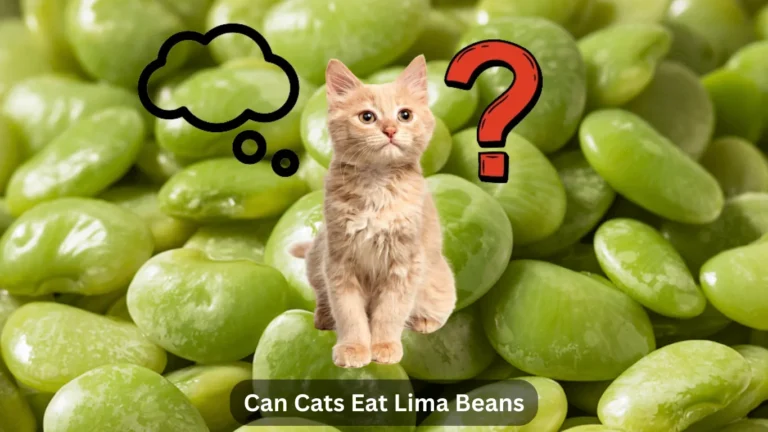
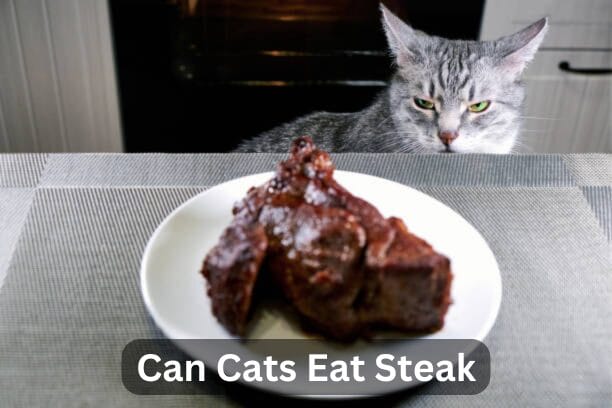
6 Comments